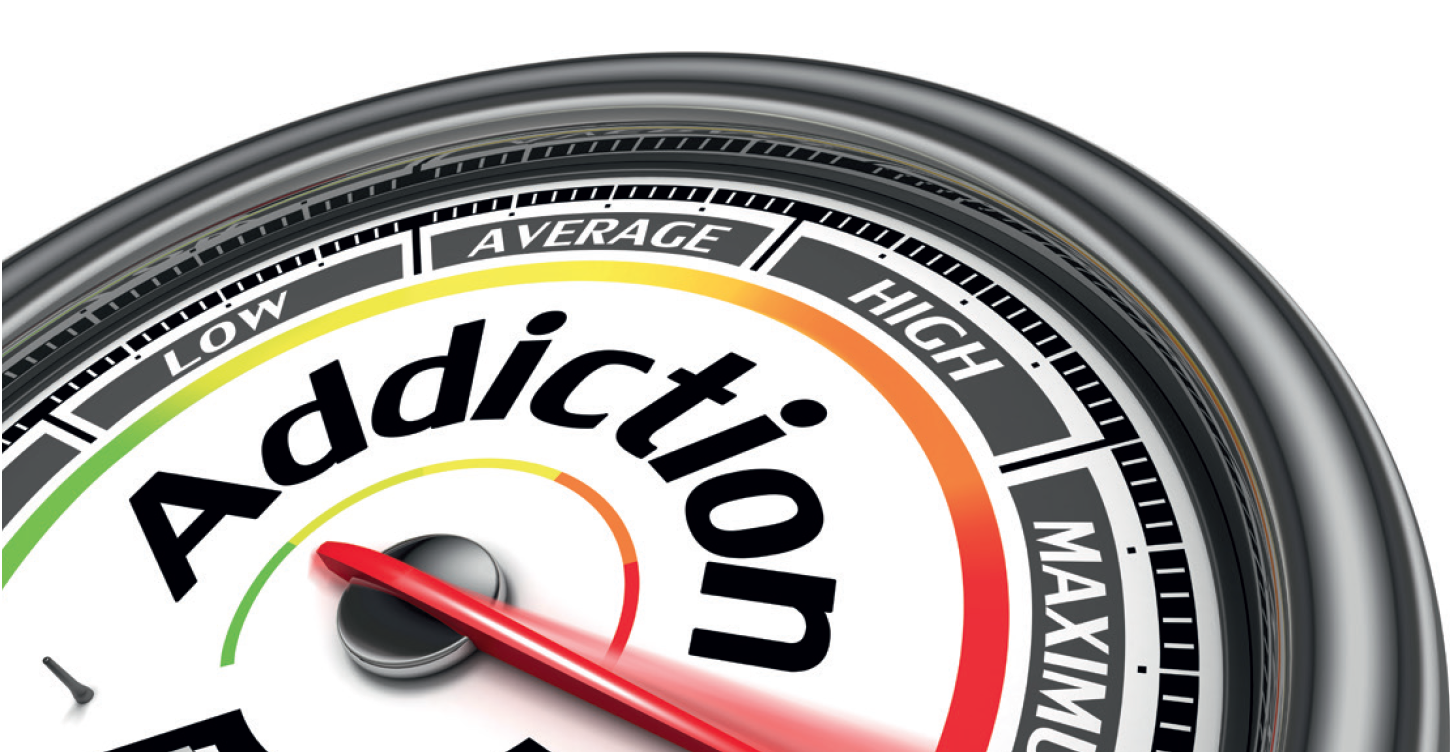Inappropriate use of OTC medicines can be termed medicine €misuse€ or €abuse€. Abuse is considered to be the use of medicines for a non-medical use whilst misuse is the improper use of an OTC medicine for a recognised medical condition. Generally these terms are synonymous and the reason that the medication is being misused does not always need to be known to reduce its incidence. In the context of this module we will be using the term €misuse€ when referring to inappropriate use of over the counter medicines.

OBJECTIVES
After reading this module you will be able to:
€¢ Understand the reasons why customers misuse over the counter medicines.
€¢ How to recognise customers who may be misusing medicines.
€¢ Suggest strategies that can be employed to combat or reduce over the counter medicine misuse.
€¢ Identify the categories of medicines most likely to be misused.
Transferring medicines from prescription only control provides advantages to customers by allowing easier access to medication and avoiding the repeated need to visit their GP, but also poses disadvantages by increasing the opportunity for the inappropriate use of the medicine.
It is very hard to quantify the extent of the problem of misuse of OTC medicines, and most research concludes that the majority of community pharmacists acknowledge that misuse occurs but that it represents only a small minority of customers visiting community pharmacy. Medicines perceived to have the biggest misuse problem include opioid containing painkillers, sedative antihistamines and laxatives.
Whilst the incidence of misuse may only affect a small percentage of customers, its effects are important as further research has shown that a high proportion of abusers of illicit drugs have at some point in their drug taking career abused OTC medicines. An increasing number of patients of local substance misuse teams are being supported to combat dependence on OTC medicines.
Reasons why customers may misuse over the counter medicines
Customers misuse medicines for a variety of reasons. These include:
€¢ Inappropriate medical use: this is where a medicine is used incorrectly to treat an appropriate medical condition. This form of misuse would apply when a customer uses a medicine to treat a recognised medical condition but at too high a dose or for too long a period of time, such as codeine containing analgesics being used for longer than three days without consulting a doctor.
€¢ Medication dependence: this occurs where customers start to take a medicine for a medical condition and then either abuse it or become dependent on it. A classic example of this would be the use of codeine containing pain killers initiated for their analgesic effect, customers then experience withdrawal symptoms when trying to stop using them and continuing their use to avoid withdrawal effects.
€¢ Attempt to change body shape: this includes customers trying to lose weight or to increase body muscle. An example of this would be the use of large doses of stimulant laxatives when trying to lose weight or avoid weight gain.
€¢ Unintentional misuse: this can occur when customers take medicines believing that they are using them for an appropriate indication or at an appropriate dose. This may be a consequence of poor advice or advice from people who are not medically trained. An example of this would be the use of over the counter head lice treatments in the belief that it will help to prevent head lice infestation.
€¢ Deliberate abuse for non-medical reasons: such as using decongestants to produce a stimulant effect. Over the counter medicines can be used to supplement the effects of illicit street drugs or to reduce the withdrawal effects when these drugs are not available to the customer.
€¢ To facilitate the use of illegal substances: over the counter products can be used to assist with the abuse of other products without themselves being abused. An example of this would be the use of citric acid or ascorbic acid to convert base heroin, cocaine or amphetamine to soluble forms that can be injected.

